A New HVAC "Force" Cuts Energy, Boosts Efficiency
New heat-transfer system targets HVAC's biggest inefficiencies, delivering up to 10x the performance without refrigerants, pumps, or significant energy input.
District Energy Technology for Data Centers
By aggregating the thermal needs of multiple buildings, district energy systems create economies of scale that enable investment in highly-efficient, industrial-scale or renewable assets that may not make economic sense for an individual building.
Trend 2025: Energy requirements often depend on the size of the AI model
Scientists estimate that the energy consumption of artificial intelligence could increase to up to 134 terawatt hours by 2027. AI training also requires a considerable amount of water-training the GPT model is said to have consumed around 700,000 liters of cooling water.
Delivering HVAC efficiency with permanent magnet motors
Faced with fluctuating energy prices and increasingly stringent environmental regulations, countless industries are searching for more sustainable and energy-efficient technologies. HVAC is no exception to this trend
AI's role in making good on the Global Cooling Pledge
As global temperatures climb, so does our demand for cooling, exacerbating the problem it seeks to solve and presenting a particularly thorny challenge that requires a unified global effort to overcome.
NREL Creates Highest Efficiency 1-Sun Solar Cell
Researchers at the U.S. Department of Energy's National Renewable Energy Laboratory (NREL) created a solar cell with a record 39.5% efficiency under 1-sun global illumination. This is the highest efficiency solar cell of any type, measured using standard 1-sun conditions.
Q CELLS and Helmholtz-Zentrum Berlin achieve record efficiency of 28.7% for 2-terminal perovskite-silicon tandem solar cell
The joint achievement from Q CELLS and Helmholtz-Zentrum Berlin sets a new world record for 2-terminal tandem solar cell efficiency based on perovskite top-cell technology and using a mass-production-ready silicon bottom cell based on Q.ANTUM technology.
NREL Researchers Point Toward Energy Efficiency Instead of Long-Term Storage
As more communities plan to eventually rely on 100% renewable energy, the researchers offer a strategy that could guide their paths-one that shifts away from long-duration storage.
Wells Fargo Innovation Incubator Selects Five Early-Stage Companies Focused on Energy Efficiency in Residential Housing
Program's eighth cohort will receive world-class research support and non-dilutive funding to develop and validate technologies to make residential housing more affordable
ZERO-PLUS Project: Building the residential settlements of the future
The ZERO-PLUS project has developed and implemented a comprehensive and cost effective system composed of innovative solutions for the building envelope, for building energy generation and for energy management at the settlement level.
What Are Standard Energy Use Intensity Benchmarks?
This article answers the question, "What is energy use intensity?", mentions some things to consider in terms of benchmarking, and discusses what to do with your benchmark data once you have it. It also includes some average EUI data by building type.
WORLD ENERGY RANKINGS SUGGEST COUNTRIES NEED ENERGY EFFICIENCY TO MEET PARIS GOALS
Italy and Germany place first, US loses ground, Mexico improves
Chasing Efficiency in Solar Energy Sector
In 1977, the cost of solar panels was US$76.67/watt and today, it is just US$0.613/watt
Records 1 to 13 of 13
Featured Product

Terrasmart - Reduce Risk and Accelerate Solar Installations
We push the limits in renewable energy, focusing on innovation to drive progress. Pioneering new solutions and ground-breaking technology, and smarter ways of working to make progress for our clients and the industry.

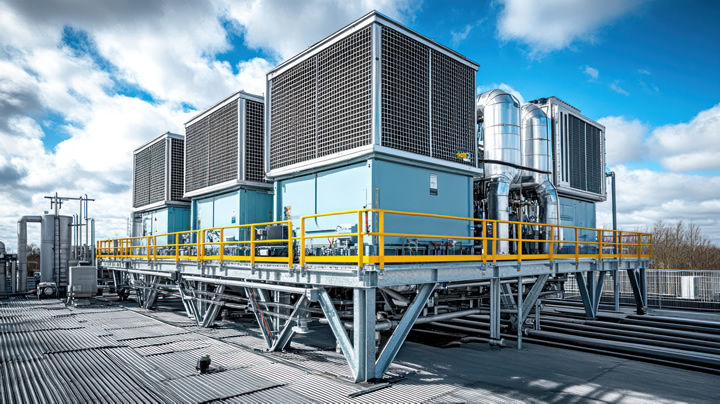
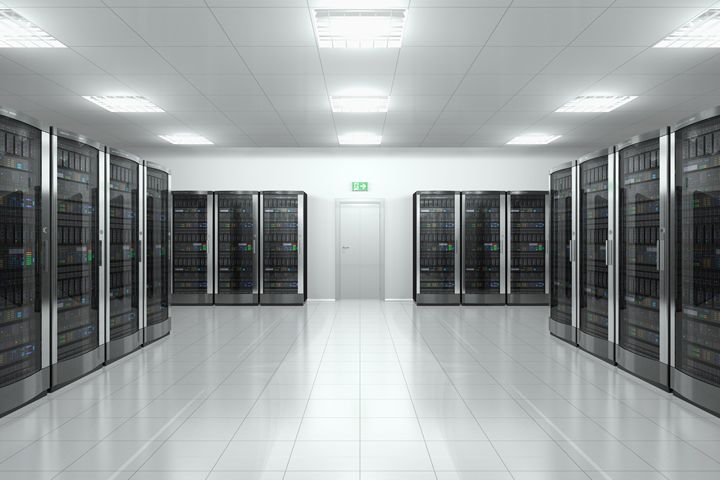

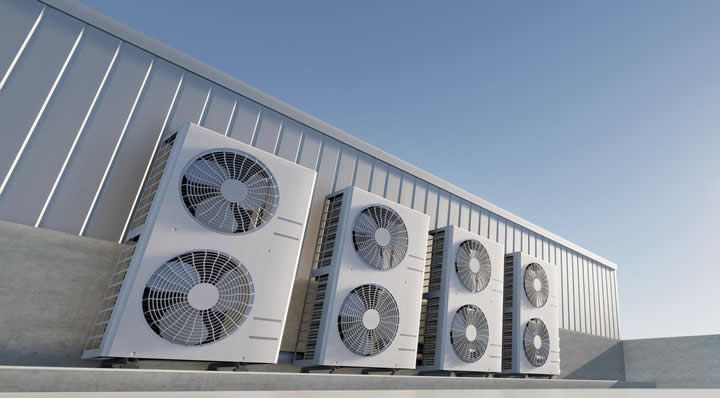
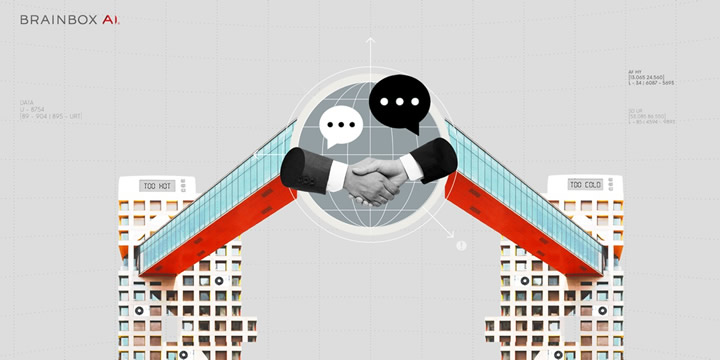
.jpg)
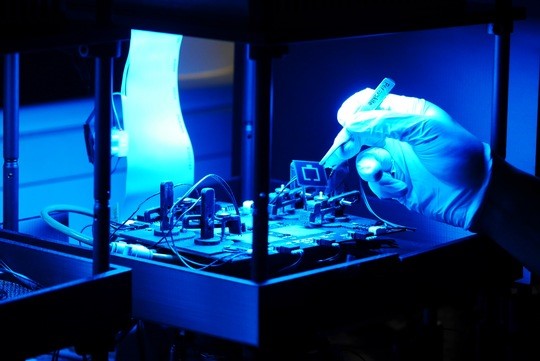
.jpg)



